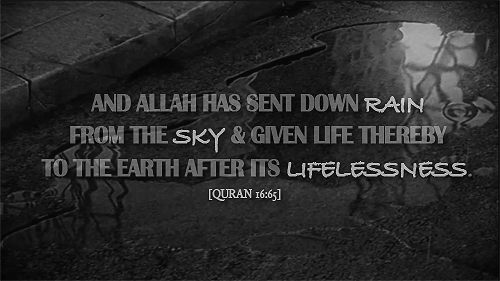A Divine Mission in an age of raw passions
By
the grace of Allah, throughout the years in which God dipped me in the fountain
of His Divine Manifestation, He has taught me lots of things of which I never
knew before. He taught me the languages of the birds and also of His beautiful
creations of earth. All through the years, through His eyes, I have felt
cherished in a special cocoon: Divine Love. He made me into an Adam (as) to reach out to people and
make them understand the philosophy of life and living for a special purpose: the
worship of one God.
Among
the things He showed me is the need for
peace, not only at our inner level, but also at world level. Through the
inspirations He vouchsafed me, He taught me that the real cause of human strife and wars is due to selfishness, on one
hand and the sacrilege of God’s remembrance and association to God in His Pure
and Only Divinity, on the other. When people let go of the thread of unity,
of sincerity and spirituality and preferred to indulge in self-interest, and
when he forgot to act according to the divine laws, and forget to respect the
rights of others, in the same go, he showed to himself the way down to hell; a
hell of his very own creation.
Gone
are the harmony and concord he should have gotten had he held fast to the
commandments of God and act decently in the best interest of one and all. The
respect he should have had for his neighbours, friends, surroundings, and his
very own family, had he acted upon this respect and defended the spiritual
values bestowed to him since the creation of the heavens and earth, he should
have been successful in opening the secret door leading him to God.





